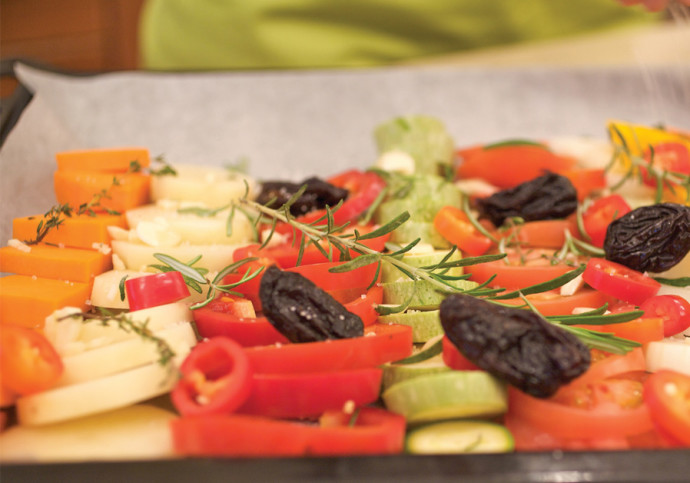Building a personal menu can be a complex matter and depends on many factors. For example, two almost identical menus can provide a completely different result, so it’s important to eat products and quantities accurately and seek the help of experts. Want to find out what works for you? We’re here to help.
Building a personal menu should be tailored to each person, according to his or her needs in order to get the best results.
The mainstays of the personal menu are:
Goals, for example, weight reduction, adjusting the meal plan to treat clinical conditions such as diabetes, hypertension or high cholesterol levels, and a desire to improve body composition or improve physical performance.
Personal preferences and adjustment to the individual lifestyle: such as preferring two big meals a day over four-five small ones, being vegan, drinking a glass of wine, or eating out on some days of the week, etc.
Adjust the menu for blood results, for example, if you have a fatty liver or low levels of iron.
Adjusting the total calories for the estimated energy expenditure at rest: a man at rest consumes about 2,200 kcal according to the resting metabolic rate test (RMR) and women about 1,800 kcal.
For a man who isn’t active most of the day who consumes 2,600 calories/day, a menu with an energy content of about 1,900-2,000 kcal will allow him to lose weight without feeling relatively hungry. He shouldn’t restrict food so much that he’s only eating 1,400 calories a day, as this will impair muscle mass and cause him to feel so hungry he might return to his original calorie consumption and not lose weight.
Menu adapted to the type and volume of physical activity: A woman who walks/jogs three times/week needs less calories and emphasis on various food components than a man who rides his bike every morning for 60-90 minutes and on weekends rides about three to four more hours on the field or on the road.
One issue that is a hot topic in the healthcare community is protein. Eating the right amount of protein (depending on age/weight/physical training) allows a person to maintain muscle mass and helps him reduce adipose fat tissue, while minimizing muscle damage during the weight loss process.
Studies have shown that exercisers need extra protein. The recommended amount is about 1.2-1.6 grams per 1 kg of body weight, while for athletes who want to lose weight while maintaining muscle tissue, the recommended protein intake is 2 grams or more. This amount may contribute to maintaining lean mass.
This article was written in partnership with Yotvata and first published on the Jerusalem Post's sister website, Walla!


